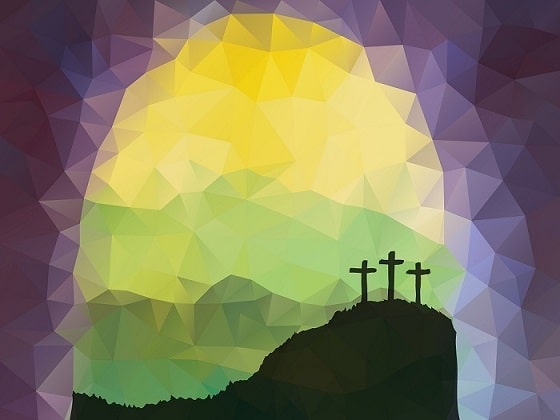
It has been splintered (split
into fragments), splintered into a myriad of different
Christianities, into tens of thousands of distinct denominations. Now diversity
is not in itself a bad thing. You will remember Pope Francis’ remarks about the
“beauty of her varied face,” and a monolithic church, a church where all
followers of Jesus think alike and act alike would surely be much less
interesting and much less powerful and so much less authentic, a creation not
of Jesus, but of us. But this?
A church divided against itself, churches
quarreling amongst themselves, the Jesus proclaimed by one hardly recognizable
in another? We must grieve, sorely grieve, the heart of Jesus who prayed that
we would all be one, who said we would be known to belong to him because of our
love for each other
Christianity has struggled with oneness from the
beginning. That has not changed. Early on, there were tensions between Jewish
believers and Gentile believers, between rich and poor, between emotive,
ecstatic worshippers, and those more reserved. Even among the leaders, there were
significant differences about who should be welcomed into the church and how.
But they did manage to stay together and to work together and they did love
each other because they remembered who mattered most and because they
listened to the Holy Spirit. That is what has changed. We have stopped
listening. How has Christianity changed?
It has become an establishment. In the beginning, after
Jesus’ death, Christians were outsiders, dissidents, a minority group, a
persecuted minority group eyed with suspicion and repressed alike by the
Jewish establishment and the Roman empire, and that oppression continued for
decades, for centuries.
Persecuted Christians, like Peter and his fellow
apostles responded with unwavering faithfulness: “We must obey God, not men.”
They continued to provide a bold witness to the death and resurrection of Jesus
and to the power of those events to change people’s lives. It was hard to be a
Christian then, but good.
But now, it’s
easy. It’s not hard at all to be a Christian. You can be a Christian simply by
default. But when you are a Christian just because everybody around you is a
Christian and it is just the thing to do, there is no passion, no transforming
witness, no boldness, no power, no purpose. Being a Christian means very
little if anything. When Christianity became the established religion, the
religion of the establishment, when it was co-opted by empire, it was
transformed into something innocuous at best and insidious at worst.
It became another tool for controlling people,
instead of setting people free, another tool for subduing the masses, instead
of redeeming the masses, another tool for reinforcing the prerogatives of the
elite, instead of turning the world upside down.
The Pentecostal movement began as a missionary
movement! Before the first Pentecostal denomination was born, Pentecostals were
engaged in missionary sending. From Azusa street during the first decade of the
century, Pentecostal missionaries, fired by Zeal to preach the Gospel, came to
India, others to china and Africa and around the world. The mission spread
rapidly. Immigrant converts in Chicago carried the message and experience of
Pentecost to their own people in Europe and in South America. Quickly
Pentecostalism became a world movement. Not only in Latin America and Europe,
but in Asia and Africa and other regions of the two-thirds world
History of Christianity – Age of Missions
unprecedented interest in missionary work. Colonization had opened eyes to the
need for missions, and industrialization had provided people with the financial
ability to fund the missionaries. Missionaries went around the world preaching
the gospel, and churches were established throughout the world.